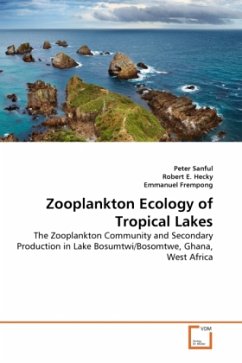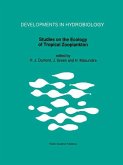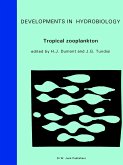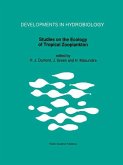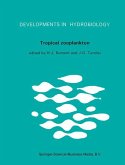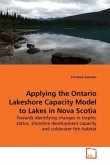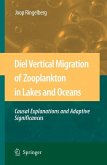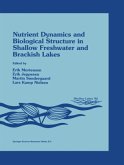Knowledge of zooplankton and secondary production is essential for understanding processes of energy production and its transfer in lakes.Zooplankton is an essential requirement for fish growth and development and the highly productive fisheries of tropical lakes are based significantly on the organic matter production of zooplankton. Understanding of the production dynamics of zooplankton is therefore essential for the effective management of fisheries.Lake Bosumtwi is the only natural lake in Ghana but very little is known about its zooplankton community. This work therefore fills a major gap in the knowlege of zooplankton in inland water systems in Ghana and is useful for all researchers interested in the scientific understanding of how tropical lake systems function. In summary,the zooplankton community in Lake Bosumtwi is poor in species and has low diversity. Two animal groups dominated the plankton in terms of abundance and production. Biomass and production was very high and in the range of tropical lakes.Potentially, most of the production is unutilized at higher trophic levels and may subsequently be lost to the anoxic deep waters of the lake.
